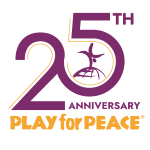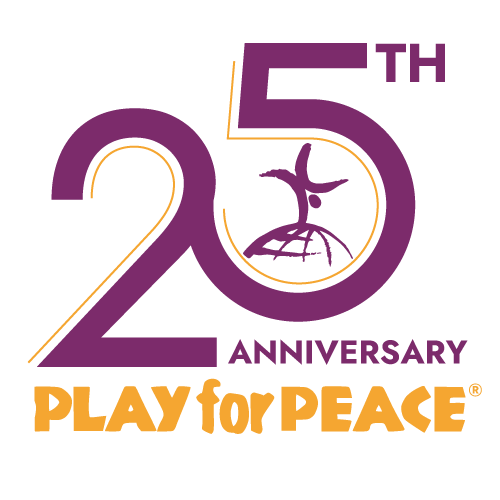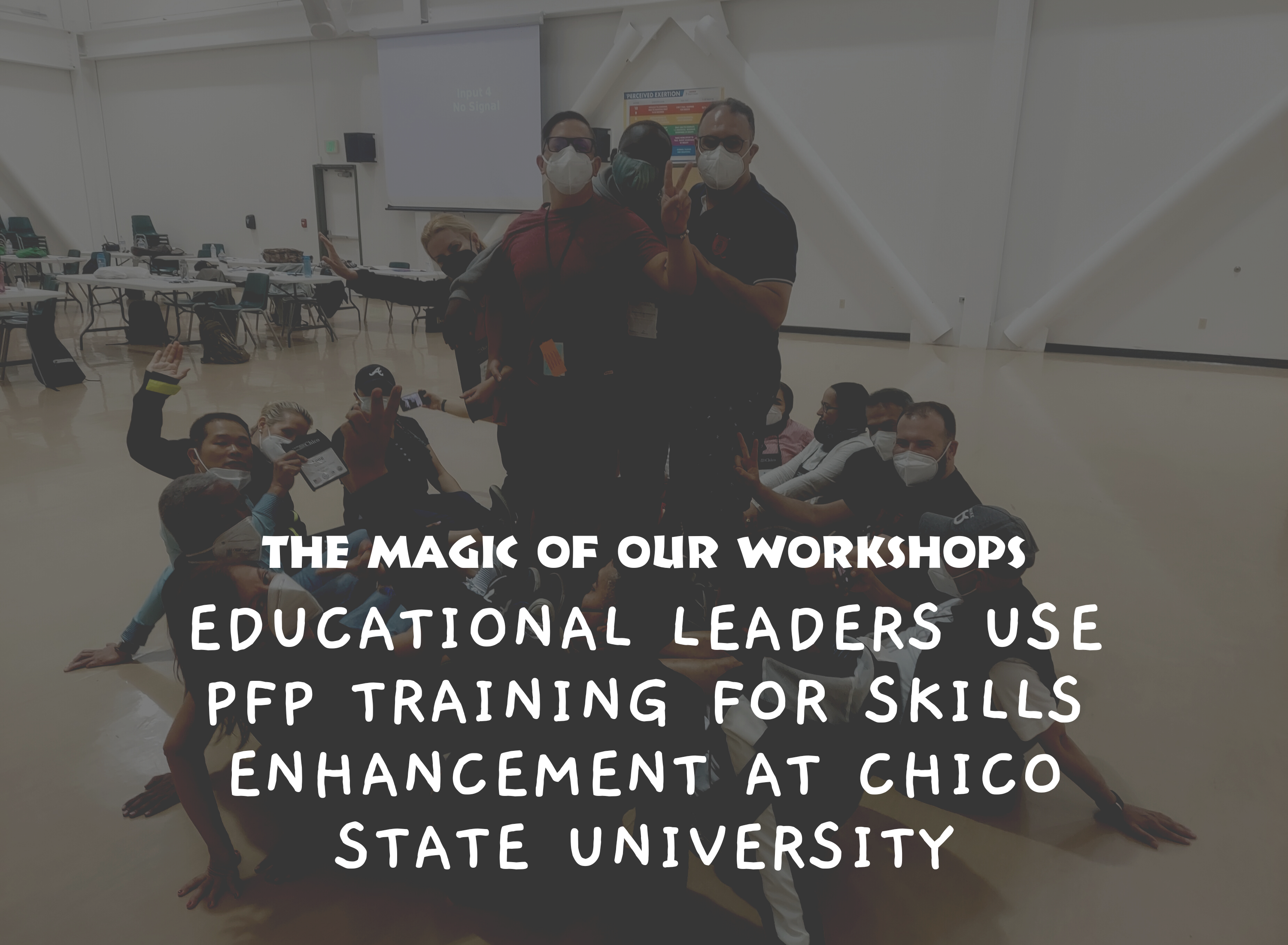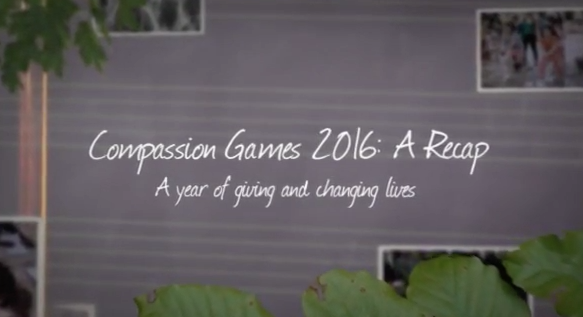Introduction
I facilitated a full-day workshop for the prestigious SUSI program at California State University, Chico (CSU, Chico). This program, sponsored by the U.S. Department of State, brings together secondary educators worldwide to better understand U.S. society, education, culture, values, and institutions. As the Executive Director of Play for Peace, I was excited to share the transformative power of experiential learning techniques and how they can bridge cultural divides and enhance teaching practices.
Embracing Experiential Education
The day was filled with interactive sessions and activities that inspired participants to integrate experiential education into their teaching practices. We began the day by acknowledging the Mechoopda people, whose ancestral lands we stood upon, showing gratitude for their support and presence.
Harnessing the Kolb Reflective Model
Our workshop centered around the Kolb Reflective model, which formed the foundation of our experiential education approach. Through this model, participants connected with their fellow educators and integrated their SUSI experiences, leaving them with valuable tools and insights to enhance their teaching practices and foster deeper connections with their students.
Fostering Emotional Regulation
Emotional regulation is crucial in guiding reactions and facilitating creative and complex thinking. We explored techniques to support emotional regulation, such as mindfulness and acceptance, enabling participants to respond to diversity, equity, and inclusion concerns with compassion and resilience.
Understanding the Brain's Functioning
Creating effective learning environments requires understanding how the brain processes information and handles stress. We explored models by experts like Dr. Dan Siegel and Dr. Bruce Perry, emphasizing the importance of regulating survival responses and engaging the reasoning brain for effective problem-solving.
Embracing a Growth Mindset
A growth mindset fosters resilience and a love for learning in students and educators. We embraced intellectual humility and recognized our limitations, encouraging growth and learning through interactive activities like "Simon Says - Mistakes."
Applying Experiential Learning Theory
David Allen Kolb's experiential learning theory offered valuable insights into the learning process. Participants delved into the four-stage learning cycle and four learning styles, using the "What, So What, Now What" framework to guide their reflections and transform experiences into valuable knowledge.
The Power of Play
Playful, child-centered approaches were highlighted as practical tools for enhancing academic skills and promoting peace. Through Play for Peace initiatives, participants learned how to create meaningful interactions and cultivate peacebuilders in their communities.
Participant Feedback
Participants praised the workshop for its impact on teaching practices and personal growth. They expressed gratitude for the engaging and interactive nature of the activities, which fostered a sense of belonging and motivation to improve their skills and knowledge.
Conclusion
The full-day workshop for the SUSI program at CSU, Chico, was a resounding success, inspiring educators worldwide to embrace experiential education and cultivate an inclusive and compassionate learning environment. Through the power of reflection, emotional regulation, and a growth mindset, educators are left with valuable tools to empower their students and build bridges across cultures. They can create meaningful interactions and promote peace in their communities by integrating playful approaches.


.png)

.jpg)

